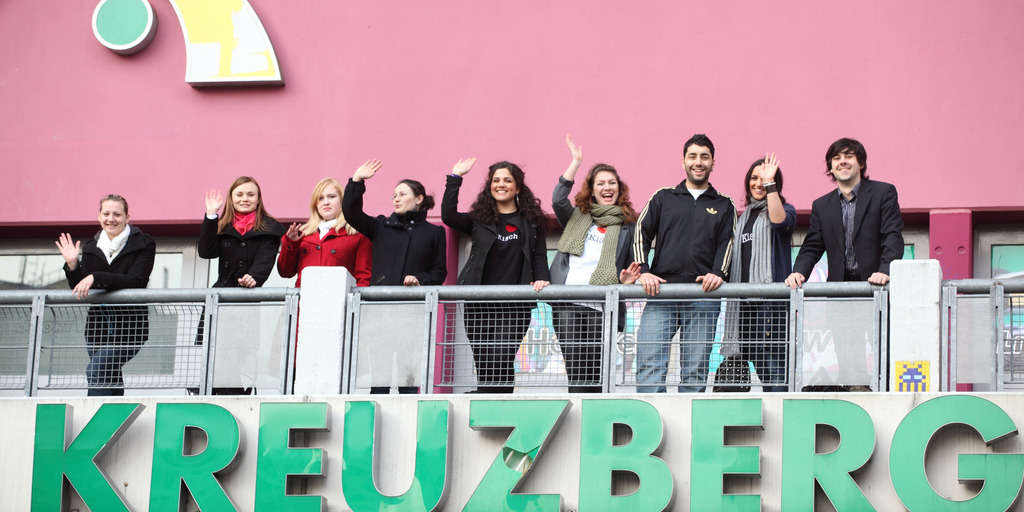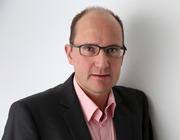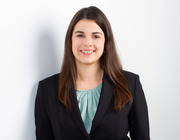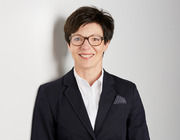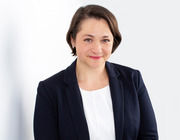A democratic and civil society is not a given good. It depends on citizens taking responsibility for the common good and participating in the solution of social problems. People who are committed to tolerance, solidarity, equality and peace are decisive for the cohesion of society and for the future of democracy.
Children and young people are not born democrats - they must learn democracy in order to stand up for it, defend it and initiate necessary further developments.
All relevant research indicates that democracy education is successful when young people learn that their voice counts, that they can help shape their environment and that their participation is requested.
Educational institutions – day-care centres, schools and extracurricular venues - have a central responsibility in this regard. They have extensive opportunities to initiate democratic learning processes and are obliged to do so.
Our goals
Promoting social engagement, political participation and democracy building is highly relevant to the efforts of the Bertelsmann Stiftung. The Stiftung calls attention to children and adolescents, because essential values and actions are gains of a young age.
This is why the Bertelsmann Stiftung developed the project "jungbewegt – For Engagement and Democracy” more than ten years ago.
The project advocates that children and adolescents, regardless of their origin, educational background, gender and social situation, can democratically shape society in the present and future.
In order to contribute to this ambitious goal, we have developed a holistic approach by underlining the following guidelines:
- Together with partners, we promote civil society and democratic action by children and young people throughout their educational biographies and in all phases of childhood and adolescence.
- For us, the readiness for social commitment and democratic participation are two sides of the coin. People get involved for the common good when they experience that their opinions are considered and that they can influence them.
- We take the diversity of children and young people into account by making their different circumstances and interests the starting point for our work.
